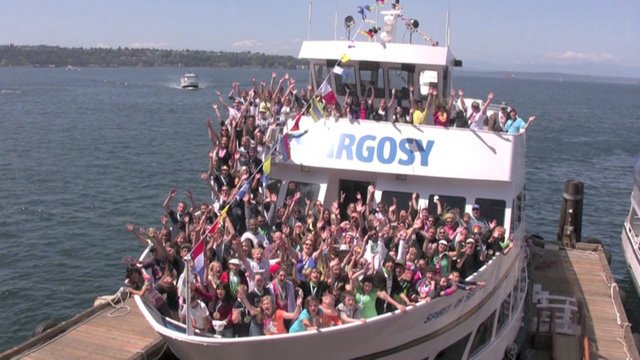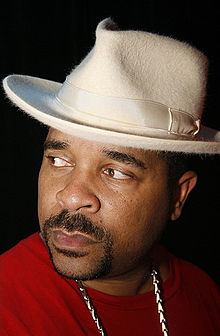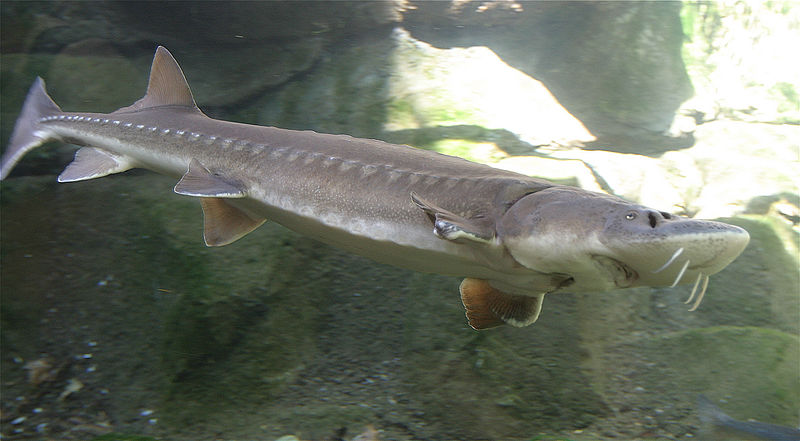As the Argosy boat pulls into its sunny, Seattle port, the happy campers stop dancing to the tunes bumping over the loudspeaker and turn toward the shore, cups raised in the air. When the boat comes within firing distance, family members waiting on the Red Robin balcony begin to pelt the deck with hundreds of French fries, and the children do their best to catch the flying taters.
The kids are returning to Seattle from camp on Vashon Island for a mid-week checkup with parents, but like everything at Camp Goodtimes, organizers make sure the chore feels more like a party.
For over 30 years, Camp Goodtimes has been a sleepaway camp for kids ages 7-17 who have cancer. It’s a week of their summer where they travel out to Vashon with a group of volunteer counselors, nurses, and doctors, and their lives don’t revolve around checkups and needles.
But Camp Goodtimes has fallen on some hard times.
Earlier this year, the American Cancer Society, which has provided funding and administrative services for the camp and 39 others like it nationwide, quietly announced they will discontinue its support for the camps. And when we say quietly, that means no press statement or even a phone call to the organizers.
Charlotte Ellis, who helped found Camp Goodtimes, found out when one of her colleagues got a call from a parent who’d read online that all the camps would be closed by the end of the year. A call into the ACS confirmed that the worst, was indeed, happening.
The decision came as the ACS celebrates its 100 years of service, according to ACS spokesperson Kimberly Dinsdale.
“Our mission is to get well, stay well, and fight back. So we’re looking looking to see how we can maximize the effort of our impact, and ultimately finish the fight against cancer and deliver programs that provide an immediate aid for cancer,” says Dinsdale. “It’s a wonderful program, and allows good things for survivors and young patients. But in order to fulfill our mission we had to shift resources.”
Like The Dude says, “you’re not wrong;” no one’s really on the other side of wanting to cure cancer. Everybody at Camp Goodtimes sees where they’re coming from, they just also see the benefits of giving cancer kids a week off.
“I understand their idea, but there’s such a deep value that comes out of something like the summer camps where these kids really get their life back for a week,” says Richard “Loop” Bradley, a counselor who attended the camp with his sister when they were young. Going on his 18 year with camp, Bradley knows firsthand how therapeutic the camp is for young kids faced with cancer.
“Finding a cure is the ultimate goal, but there’s so many things that are important to people going through this struggle…It’s absolutely rejuvenating for kids who need that week.”
The decision to cease support for the camps comes amidst ongoing criticism from some advocates who see the ACS as being unsupportive of childhood cancer patients in general. Blogging on Huffington Post in February, attorney Jonathan Agen argued that with only 1 cent of every dollar raised by ACS going toward children’s cancer research (despite the heavy use of young cancer patients in fundraising material), those who want to help kids with cancer should look elsewhere for charitable contributions.
Dinsdale says at this time they will continue to work with leaders to find a transition plan, so that hopefully Camp Goodtimes and other cancer camps nationwide can go on. A non-profit foundation, The Goodtimes Project, has been founded and is now seeking 501(c)3 status.
“The question is, how much money will it take to keep camp open? We don’t know. There’s no business plan, there’s no proposal, and there’s no budget we can use,” says Ellis.
“The problem is that with not knowing, and not having the kind of committee that would know what it takes to have another camp in nine months, there’s been a serious learning curve, [which was] delayed unnecessarily by the ACS for not telling us.”
Already being run largely by donations and volunteers, most of the issue is figuring out what it means for them to be a non-profit, and how they can accomplish that before next June.
“With any luck, it’ll look exactly the same,” said Bradley. “And what the kids see won’t change.”








